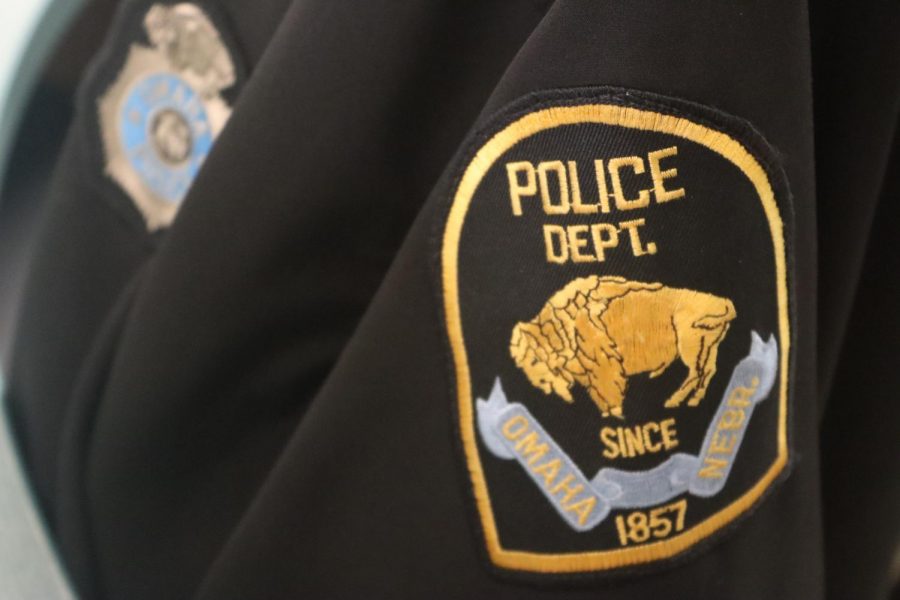Policing society
Perspective on law enforcement is tarnished and humanity of individuals in the workforce is forgotten
As citizens, law enforcement are intended to serve and protect safety along with prevent crime. Omaha Police Department holds the motto “To serve and protect”.
February 3, 2020
As seen on media outlets all across the nation, police officers are displayed as enemies of the general public. Many times, articles of police brutality are exhibited across online platforms. While crimes should not go unpunished, the general public only sees the indecent acts officers commit. Because of this, the perspective of officers wanting nothing to do but harm community members is implemented, but under all of the written articles and media present about the individuals, the unit of police are really here to serve and protect the public.
Police are not ‘bad guys’ despite the fact there are a couple of rotten apples in the tree, the individuals are meant to protect and prevent crimes in communities. This does not mean scheming around waiting for someone to take the wrong step, but putting their lives in dangers way for the betterment of society and the individuals who make up society. Although USA Today reports finding at least 85,000 cops who’ve been investigated for misconduct, that number only makes up around 12% of law enforcement in the nation. Despite having a percentage of misconduct, the rest of the 78% of individuals are meant to protect and serve communities.
Too many times have I heard fellow peers tell me “Cops are such …” slinging out a derogatory term, only because they were caught with something they weren’t supposed to be doing or for a simple speeding ticket. Of course a speeding ticket is an inconvenience, but many times an officer will have a little bit of leeway. It is a waste of time to pull someone over for going four miles over the speed limit, especially with all of the paperwork that comes after administering said ticket. An officer’s main goal is to keep the peace and safety of the public and an individual speeding 30 miles above the limit is not safe.
Along with this, officers must insert and apply themselves into gruesome situations such as a major car accident or a scene with a suicide. Unfortunately, the stress that comes with the career is heavy and it feels as though citizens forget that police officers are people too. As seen in “Law Enforcement Officers,” a report published by the National Alliance on Mental Illness, “Compared to the general population, law enforcement report much higher rates of depression, PTSD, burnout, and other anxiety related mental health conditions.”
Before being inducted into the workforce, officers, such as individuals at the Omaha Police Department, must endure an application process, pass a written exam, complete a physical ability test, a structured oral review, and then pass through final score/ranking. Once entered, the candidate will complete an in-depth background check. Prior to all of this, education to become a police officer takes approximately four years.
Under the bulletproof vest and blue uniform, regular people are there. This is forgotten when headlines such as “Murder charge for Maryland police,” pop up immediately after searching up the term police. Despite serious crimes committed, the representation causes people to develop a stigma around officers in which all respect goes out the window when confrontation is ensued.
Members of society must remember that individuals in law enforcement are people just like everyone else. Under the uniform and equipment, men and women are dealt with a stress heavy career all to maintain the safety of security of society. While these careers are chosen, the villainizing of these individuals is stemmed from what the media chooses to highlight. Because of this, the humanity of the police workforce is forgotten.







